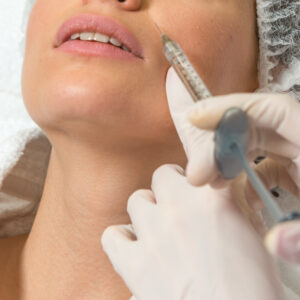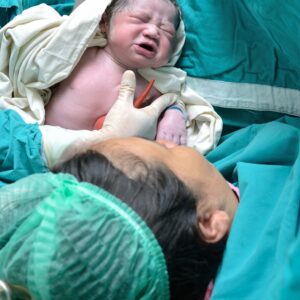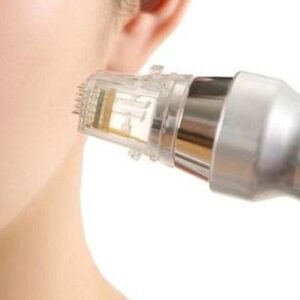Description
Familiarity with Treatment
Classic Uvulopalatopharyngoplasty (UPPP) is a surgical procedure used to remove or remodel tissue in the throat, specifically targeting the uvula, soft palate, and pharynx. The goal of the procedure is to increase the airway size and decrease tissue collapse, particularly to address sleep-related issues such as obstructive sleep apnea (OSA). The surgery has been refined with several modifications to minimize possible long-term side effects, such as swallowing problems, voice changes, or a permanent feeling of a foreign body in the throat.
Procedure
Classic UPPP involves the removal of soft tissue at the back of the throat, including all or part of the uvula, parts of the soft palate, tissue at the sides of the throat, and, if present, the tonsils and adenoids. The uvula is folded toward the soft palate and sutured together. The procedure is typically performed under general anesthesia.
Who is it Suitable For?
Classic UPPP may be recommended for individuals with mild obstructive sleep apnea or snoring, and with abnormalities in the soft palate. Lifestyle changes, such as weight loss or changes in sleep position, are often recommended before considering surgery.
Who is it Not Suitable For?
Classic UPPP may not be suitable for individuals with certain medical conditions or those who have contraindications to general anesthesia. Additionally, the surgery may have a limited role in morbidly obese individuals.
Advantages
- Treatment of Obstructive Sleep Apnea: Classic UPPP can be effective in treating mild obstructive sleep apnea and snoring.
- Potential Improvement in Sleep Quality: The surgery may lead to an initial improvement in sleep quality for some individuals.
Complications
- Swallowing Problems: There is a risk of developing swallowing problems following the surgery, although this is rare.
- Voice Changes: Some individuals may experience voice changes as a result of the procedure.
- Long-Term Efficacy: While the surgery may initially improve sleep apnea, the benefit may wear off over time for many individuals.
Preoperative Care
Preoperative care for classic UPPP involves a comprehensive evaluation by the healthcare provider to determine the suitability for the procedure. Lifestyle changes and alternative treatments may be explored before surgery is considered.
Postoperative Care
Postoperative care for classic UPPP includes monitoring for complications, such as swallowing problems or voice changes. Follow-up visits with the doctor are important to assess the long-term efficacy of the surgery and address any concerns or complications that may arise.







Reviews
There are no reviews yet.